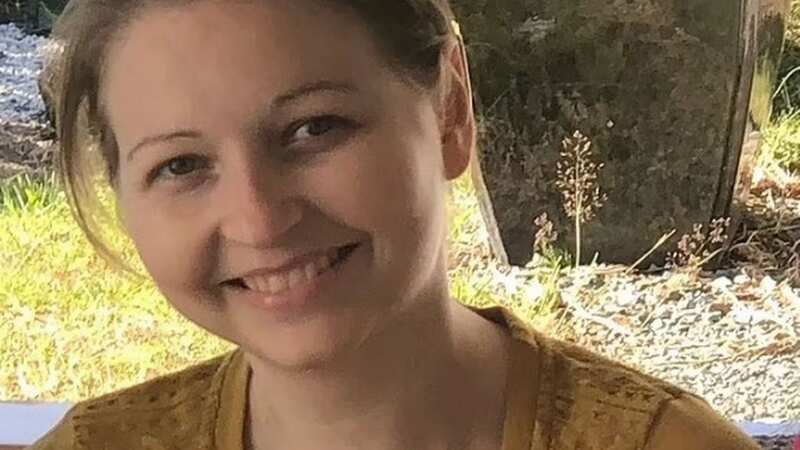Stephanie Aston's death didn’t surprise me - disabled women are rarely believed

Last week the news broke that a 33-year-old woman had died after her doctors had accused her of faking a chronic condition.
Stephanie Aston, from New Zealand, experienced excruciating pain due to Ehlers-Danlos Syndrome (EDS). When she went to a doctor with symptoms including migraines, joint dislocations, and easy bruising she was put in psychiatric care. There she was accused of faking blackouts and fevers and there were even suggestions that her mother was hurting her.
This should be shocking, but as a disabled woman, it was also deeply upsetting. That’s because for almost my whole life, doctors have not believed me.
I was diagnosed with dyspraxia at the aged of nine after struggling with my co-ordination and being bullied for being “different”. However, because I could converse well and was socialised to be an appeasing girl, I was classed as “high functioning” and I missed out on a lot of the support that I should have had, in life and at school. In fact, there was a boy in my class who also had it, but because he presented very much as the “disruptive boy” he had a one-on-one support assistant.
I was a very sickly child and throughout my childhood and teenage years I would catch everything going and react badly to the sun. I was treated like I was faking it for attention and my mother was called neurotic. Weeks before I was eventually rushed to hospital I sat in a doctor’s office and he asked me if I ate the healthier option or restricted my diet. Twelve days later I was in hospital in a serious condition and was eventually diagnosed with Lupus.
 Nail salon refuses to serve disabled teen saying it 'doesn't do people like her'
Nail salon refuses to serve disabled teen saying it 'doesn't do people like her'
It gets worse though. I had period and ovulation problems for 15 years until I was diagnosed with endometriosis. At every turn my pain was doubted, phrases such as “Are you sure?” "How can you know that?” and my favourite: “This is just a normal amount of pain”. When I asked for a hysterectomy at the age of 27 I was told that “it’s not reversible you know” and asked, “What if you meet a man who wants children?” I went to A&E doubled over in pain more times than I can remember, saw countless gynaecologists and had every invasive scan and treatment possible. At every point I suggested endometriosis and was brushed away - then when they were removing my ovaries they found 4 huge clumps.
And it’s very obviously not just me. In the US, women wait 16 minutes longer than men to receive medication in emergency rooms, and only 7% are likely to be offered it in the first place. Meanwhile in the UK, women are 50% more likely than men to be misdiagnosed after a heart attack because of the difference in symptoms. Where men have more chest pain, women can experience nausea and shortness of breath. To bring it back to autoimmune diseases, which Stephanie died of, women account for 78%, yet they struggle to be believed most because of a lack of research.
For gynaecological symptoms, the situation is even worse. On average, it takes 8.6 years for a woman to be diagnosed with endometriosis. Studies have shown that 75.2% of patients report being misdiagnosed with another physical health (95.1%) and/or mental health problem (49.5%) in that time.
Women are constantly treated like we inherently can't know our own bodies and that we’re faking or hysterical - when more than anything we just want to be believed. The dangers of not believing women in pain are already clear to see. How many more women have to die before we get the medical attention we need and deserve?
Read more similar news:
Comments:
comments powered by Disqus

































